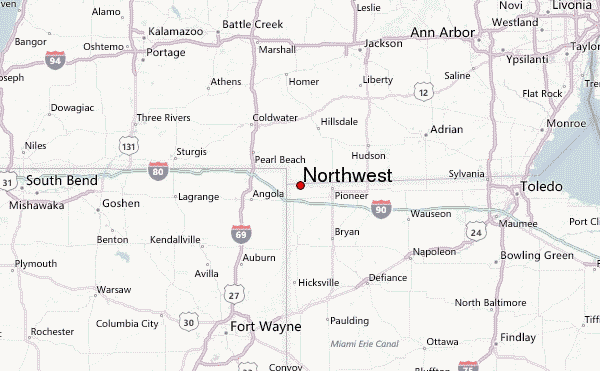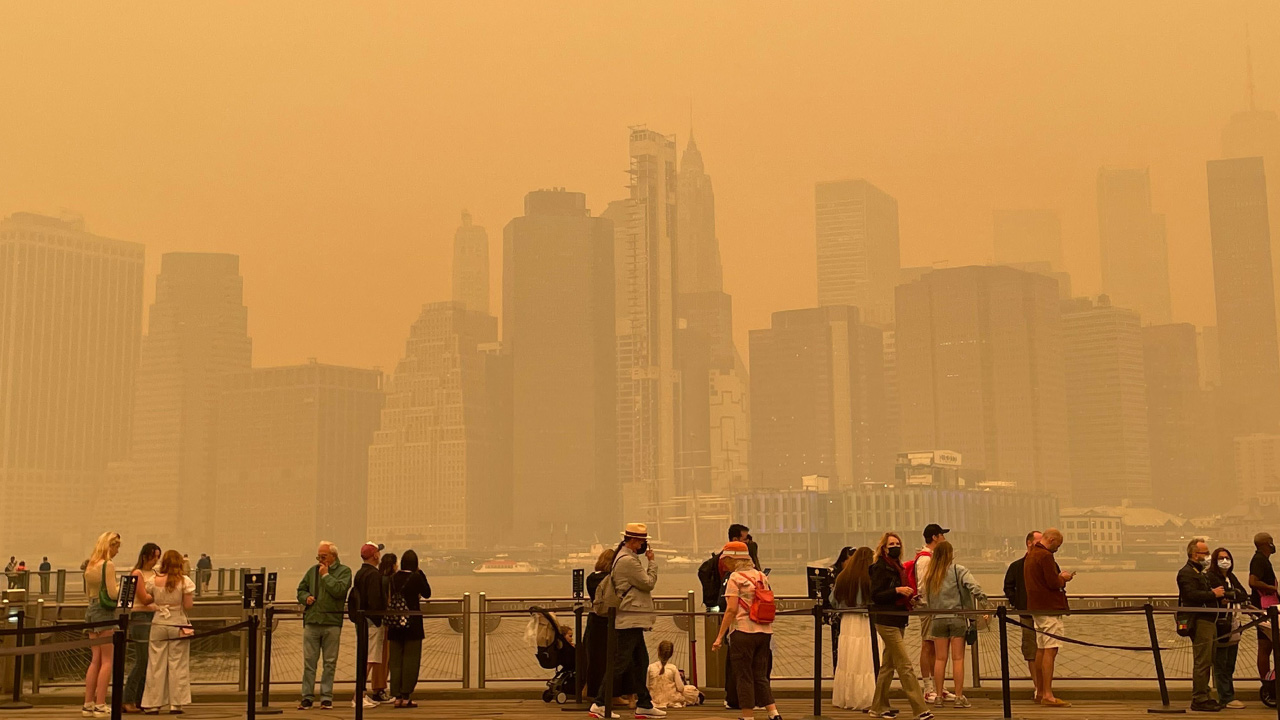Assessing Bernard Kerik's Leadership During The 9/11 Crisis And Aftermath

Table of Contents
Kerik's Actions and Decisions During the 9/11 Attacks
The initial moments following the collapse of the Twin Towers were chaotic beyond comprehension. Bernard Kerik's actions and decisions during this period directly impacted the emergency response and the lives of countless individuals.
Initial Response and Coordination
Kerik's immediate response involved several key actions:
- Deployment of officers: He rapidly deployed thousands of NYPD officers to Ground Zero and surrounding areas, directing them to assist with evacuations, search and rescue, and crowd control.
- Establishment of command centers: Kerik played a crucial role in establishing and coordinating communication between various emergency response agencies, including the FDNY (Fire Department of New York), FEMA (Federal Emergency Management Agency), and other federal and state agencies. This involved navigating complex communication systems during a period of intense network disruption.
- Communication with Mayor Giuliani: Maintaining constant communication with Mayor Rudy Giuliani was vital for coordinated strategic decision-making and keeping the public informed.
While the initial response was rapid and extensive, challenges remained. Communication breakdowns between agencies, especially in the early hours, highlighted vulnerabilities in inter-agency coordination. Official reports from the 9/11 Commission and other investigations later pointed to areas needing improvement in emergency response protocols.
Ground Zero Operations and Challenges
Ground Zero presented unparalleled challenges: a collapsing infrastructure, toxic debris, and an overwhelming number of casualties. Kerik faced enormous logistical hurdles in managing the chaotic scene:
- Logistical nightmares: The sheer scale of the disaster created massive logistical problems, including the need for immediate medical support, equipment, and personnel.
- Safety concerns: The immediate and long-term health risks faced by emergency responders posed a constant threat. The presence of asbestos and other hazardous materials complicated rescue and recovery efforts.
- Emotional toll: The emotional strain on NYPD officers, witnessing unimaginable devastation and loss, was immense.
Despite these difficulties, Kerik worked tirelessly to maintain order, provide support to rescue and recovery workers, and coordinate the efforts of multiple agencies at Ground Zero. However, criticisms arose later regarding the effectiveness of some aspects of the Ground Zero operations.
Communication and Public Relations
Kerik's role in public communication during the crisis was critical. His interactions with the media, the public, and other officials shaped public perception and influenced overall morale:
- Media interactions: Kerik regularly briefed the media, providing updates on the situation and attempting to maintain public confidence.
- Public messaging: His communication aimed to assure the public that the city was responding effectively to the crisis, though the accuracy and completeness of his information sometimes came under question.
- Inter-agency communication: Effective communication with other agencies proved challenging due to the scale of the disaster and the technical difficulties in communication infrastructure.
Kerik's Post-9/11 Leadership and its Impact
Kerik's role extended far beyond the immediate aftermath of the attacks. His post-9/11 leadership impacted New York City's recovery and reconstruction in several ways.
Reconstruction and Recovery Efforts
Kerik's involvement in the post-9/11 recovery included:
- Security measures: He was instrumental in enhancing security measures throughout the city.
- Rebuilding efforts: He played a role in coordinating and supporting the rebuilding of infrastructure and community services.
- Community support initiatives: The NYPD under Kerik initiated various community support programs aimed at aiding in the recovery process.
The long-term effectiveness of these efforts remains a subject of ongoing debate. While some initiatives proved successful, others faced criticism for their impact or execution.
Controversies and Subsequent Investigations
The post-9/11 period also saw controversies surrounding Kerik's conduct:
- Financial irregularities: Investigations into Kerik's personal finances revealed various inconsistencies and ethical breaches.
- Ethical lapses: These financial issues, along with other allegations, led to significant ethical questions regarding his leadership.
- Investigations and outcomes: Subsequent investigations led to criminal charges and convictions, ultimately tarnishing his reputation and impacting his legacy.
Long-term Implications of Kerik's Leadership Style
Kerik's leadership style, marked by both decisive action and significant controversies, left a lasting impact:
- NYPD reforms: Some reforms implemented within the NYPD can be traced, directly or indirectly, to the events and investigations surrounding Kerik's tenure.
- Emergency response protocols: The crisis exposed weaknesses in emergency response protocols, leading to subsequent improvements and changes in inter-agency coordination.
- Preparedness for future crises: The 9/11 experience, including Kerik's role and the subsequent analyses, has fundamentally reshaped how emergency responders and government agencies prepare for and respond to large-scale catastrophes.
Conclusion: A Retrospective on Bernard Kerik's Leadership During the 9/11 Crisis and Aftermath
Bernard Kerik's leadership during and after the 9/11 attacks presents a complex and multifaceted case study in crisis management. While his immediate response to the attacks demonstrated decisive action and a commitment to maintaining order amidst chaos, his later controversies significantly undermined his legacy. His contributions to the initial emergency response and the subsequent recovery efforts are undeniable, yet his ethical lapses cast a shadow on his overall record. The complexity of his leadership highlights the challenges inherent in navigating a national crisis of such immense scale. To further understand Bernard Kerik's leadership and the lasting impact of 9/11 on emergency response strategies, we encourage further research using keywords like "Bernard Kerik biography," "9/11 leadership studies," or "NYPD post-9/11 reforms."

Featured Posts
-
 Northeast Ohio Weather Thursday Rain Forecast
May 31, 2025
Northeast Ohio Weather Thursday Rain Forecast
May 31, 2025 -
 Urgent Air Quality Warning Minnesota And The Canadian Wildfires
May 31, 2025
Urgent Air Quality Warning Minnesota And The Canadian Wildfires
May 31, 2025 -
 Nyt Mini Crossword Solutions For Thursday April 10th
May 31, 2025
Nyt Mini Crossword Solutions For Thursday April 10th
May 31, 2025 -
 A Banksy Bonanza Six Screenprints And A Handmade Tool
May 31, 2025
A Banksy Bonanza Six Screenprints And A Handmade Tool
May 31, 2025 -
 The Evolving Good Life Adapting To Change And Finding Happiness
May 31, 2025
The Evolving Good Life Adapting To Change And Finding Happiness
May 31, 2025
